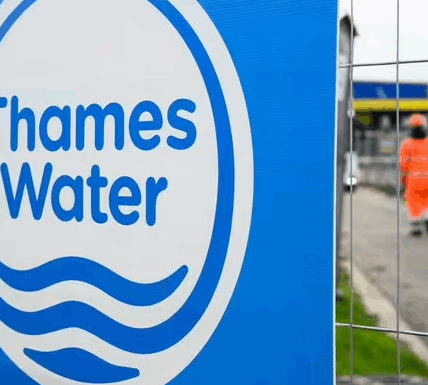Critics fear that pensioners have not been properly consulted about the changes to their funds

Labour could change defined benefit pension schemes so employers can extract surplus funds (Image: Getty)
Pensioners are concerned about Labour plans to allow employers to extract funds in a change that ministers previously admitted would “reduce security” for members.
A proposal was set out last year under the Conservative Government to allow companies that sponsor direct benefit (DB) schemes to more easily extract surplus funds, in a bid to open up more investment in productive assets.
Some 8.8 million people still belong to DB pensions, sometimes known as final salary schemes, with a recent poll by the Pension Insurance Corporation (PIC) finding 60% of DB members fear the Government’s plans would put at risk their retirement pots.
A previous Government consultation on the plans acknowledged: “Any extraction of surplus will reduce security for members.”
Tracy Blackwell, CEO of PIC, urged: “We think the views of DB members, many of them elderly, many of them classified as vulnerable, should be properly considered in any decision about a policy that the Government’s own document says would reduce the security of their pensions.
“So far, their voices have been entirely absent in this debate.” He urged worried pension scheme members to write to their MPs about the issue.
Andrew Tully, technical service director at Nucleus Financial, told The Telegraph that some employers could extract funds to offset their rising costs as employers National Insurance increases from April.
He said: “The key is that there needs to be safeguards in place to ensure the security of members’ benefits. Without any surplus which is withdrawn, a scheme must still be able to cope with unforeseen events that could affect its ability to pay pensions.”
The Government said in the consultation: “Past experience of sponsoring employer ‘contribution holidays’ has shown that the security of member benefits should be paramount in any major reform of the pensions landscape.
“We are clear that changes to the surplus sharing regime should be made only where they are safe from a member benefit perspective.”
Don’t miss…
Nationwide responds as customer hit by ‘specific circumstances’ transfer delays
DWP explains state pension letter about taking payments from bank accounts
Lloyds Bank cash machine glitch as customer accidentally withdraws large amount
The DWP has been asked for a comment. Pensioners may also want to check how much their state pension is increasing as payment rates go up this month.
State pension payments are increasing 4.1% with the full new state pension increasing from £221.20 a week to £230.25 a week. The full basic amount is going up from £169.50 a week to £176.45 a week.
If you are thinking of paying National Insurance contributions to increase your state pension, now is a good time to do so.
You can currently top up as far back as the 2006/2007 tax year whereas usually you can only do so as far back as six years ago.
But you can only top up over this extended period until the end of this tax year, after which the system will revert to the usual six-year period.



